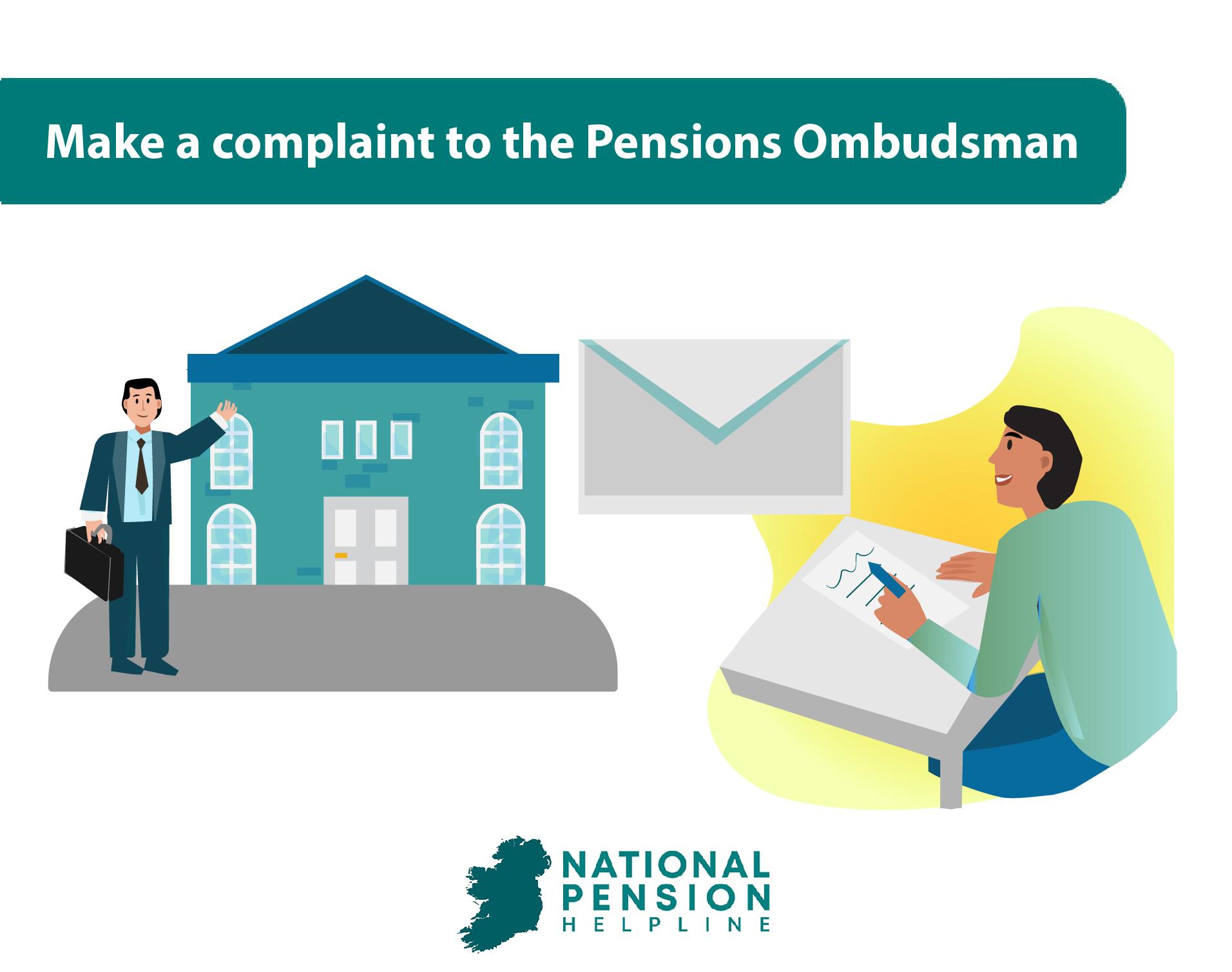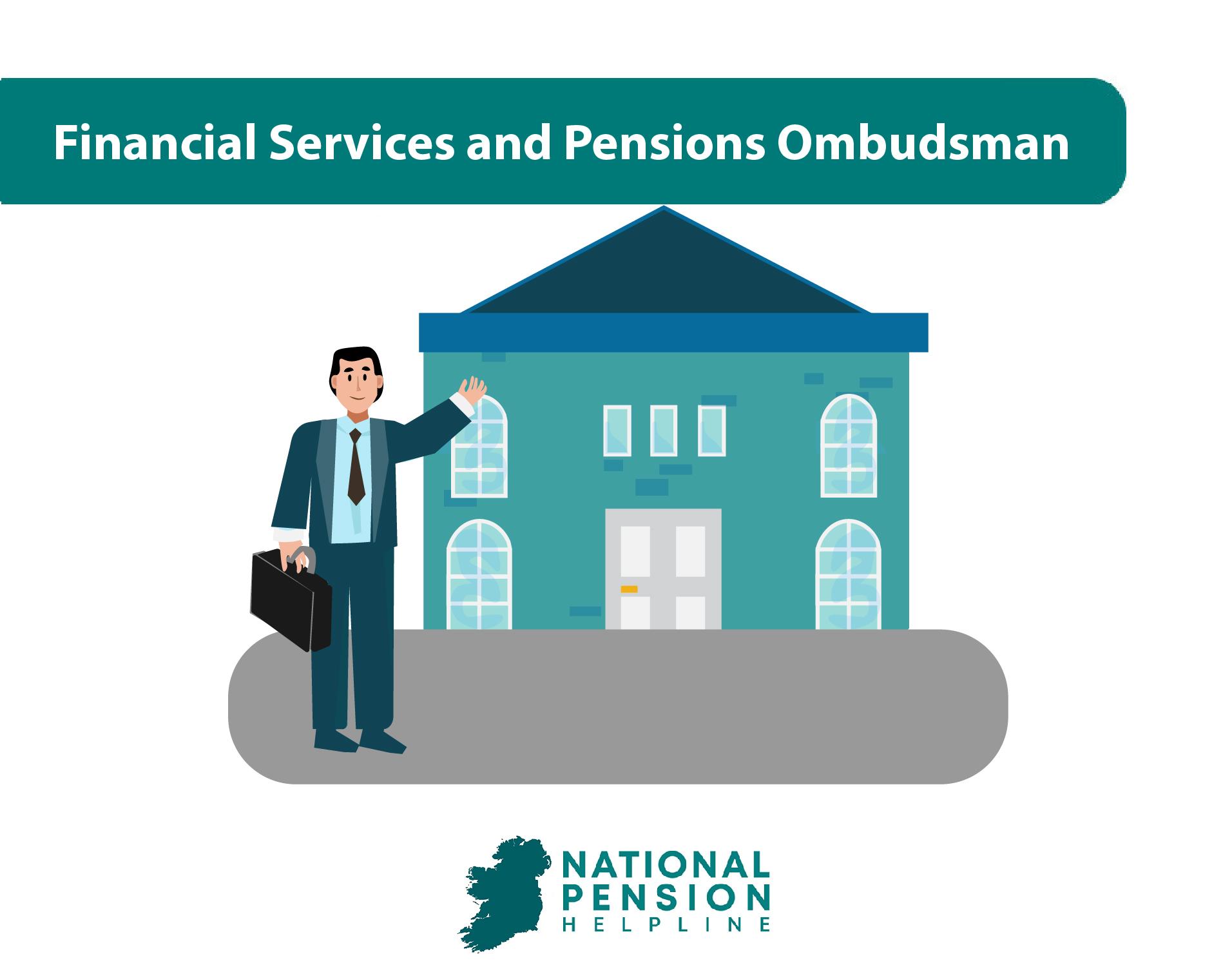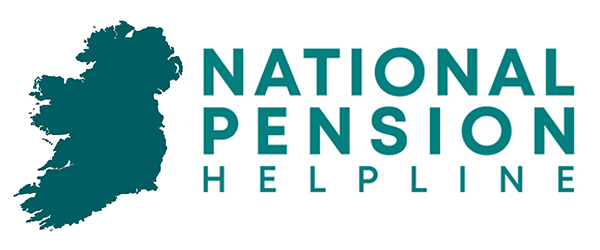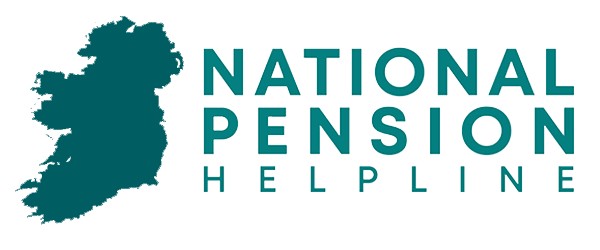While saving towards a pension in Ireland, either through your employer or with a personal savings plan for the self-employed, you will likely be working with a pension provider.
Whether it’s in the years of contributing to your pension scheme before retirement, or when receiving the benefits afterwards, it is always possible for issues to crop up between pension providers and their customers.
The Financial Services and Pensions Ombudsman is an agency which exists as a dispute resolution mechanism for exactly these issues.
Table of Content
What is the Financial Services and Pensions Ombudsman
The Financial Services and Pensions Ombudsman (FSPO) is an independent body established by the government to investigate and resolve complaints regarding financial service and pension providers.
Established by the Financial Services and Pensions Ombudsman Act 2017, and beginning operations the following year, the FSPO is a free service open to individuals, businesses, and other organisations.
What Services Does the Financial Services and Pensions Ombudsman Provide
The simple explanation of what the FSPO does is that when complaints are made regarding a dispute over the conduct of a pension provider, it investigates and determines what, if any, remedy is needed.
This role covers a wide range of sectors in Ireland including:
The different services offered by the FSPO are its Customer Operations and Information Management, Dispute Resolution Service, Investigation Service, and Legal Service.
Customer Operations and Information Management
This is the preliminary work done by the Ombudsman, gathering information to assess firstly whether a complaint is eligible.
It may involve determining whether a complaint falls within the appropriate timeframe, or if the person making the complaint qualifies, whether a chance has been given for internal resolution, or if a complaint belongs before the courts.
Legal Service
The FSPO also operates a legal service, which complaints may be referred to in order to determine whether they fall within the jurisdiction of the Ombudsman on a case by case basis.
Dispute Resolution Service
This is a voluntary and confidential service, which gives complainants and pension providers a chance to resolve things quickly and easily through mediation.
Investigation Service
Here the FSPO will gather far more information from the complainant and provider, speaking with both and also seeking any other documentation or evidence which is needed to issue formal decisions on a complaint.
This may include oral hearing, where people will have to give evidence in person, and be cross-examined on their testimony.
What is the role of the Financial Services and Pensions Ombudsman in Irish pensions
For Pension Schemes, the FSPO has the power of oversight over Occupational Pension Schemes with an employer, PRSAs, and Retirement Annuity Schemes (RACs).
The issues arising from a complaint about a pension provider might be related to a lack of information leaving customers in the dark, or more serious issues with financial implications for the pension holder.
Such issues include:
The five issues listed above were the top five issues with pension provides which people made complaints about in 2021.
Making a Complaint About Your Pension
Before making a complaint to the FSPO, someone with a grievance against their pension provider must first have made a complaint to said provider, and give them a chance to sort out the issue internally.
Who Can Make a Complaint
In order to make a complaint about a pension provider you must be a:
Complaint Resolution Procedures
There are three levels of seriousness for the resolution of complaints made to the FSPO, which will take escalating amounts of time and may potentially cost more money. They are Informal, Formal, and Statutory Appeals.
Informal Mediation
In the first instance the FSPO will attempt to have the parties involved in the complaint resolve the issue through a mediation process. This confidential process takes the least time, and can result in clarification of misunderstandings, or an amicable resolution between parties.
Formal Resolution
If the parties are not satisfied with the outcome of mediation, or did not wish to pursue it, the FSPO can carry out a formal investigation. This will take more time for additional questioning of both sides, and the ombudsman may also seek supporting documentation.
The outcome and decision of a formal investigation is legally binding. If a complaint is not upheld no further action is taken. If the ombudsman upholds all or part of the complaint, they may direct the insurance provider to correct the issue raised.
High Court Appeal
If either the complainant or insurance provider does not accept the outcome of the investigation, the only further recourse is a statutory appeal to the High Court. This must be done within 35 days of the decision.
Time Limits for Complaints
There are broadly applicable time limits within which people are able to make a complaint about a pension provider.
The conduct related to the complaint must also have occurred on or after 13 April 1996 for a pension provider complaint.
Note: In some instances the Ombudsman may be able to consider complaints that do not fit within these timeframes.
Pension Complaint Outcomes
The Ombudsman has fewer tools for redressing complaints regarding pension providers than they do with financial service providers.
The correction which is ordered by the Ombudsman cannot exceed the actual loss endured by the complainant, nor can the Ombudsman direct that compensation be paid in the case of pension complaints.
The Ombudsman also does not have the power to alter the rules of a pension scheme, or change the decision of a pension provider, if the scheme’s rules give them the power to do so.
How to Make a Complaint
Making a complaint to the Financial Services and Pensions Ombudsman, only after attempting internal resolution with your pension provider, can be done using a standard form available from the FSPO website.
When doing this, you should include any and all relevant documentation, including any communication with your pension provider or employer.



